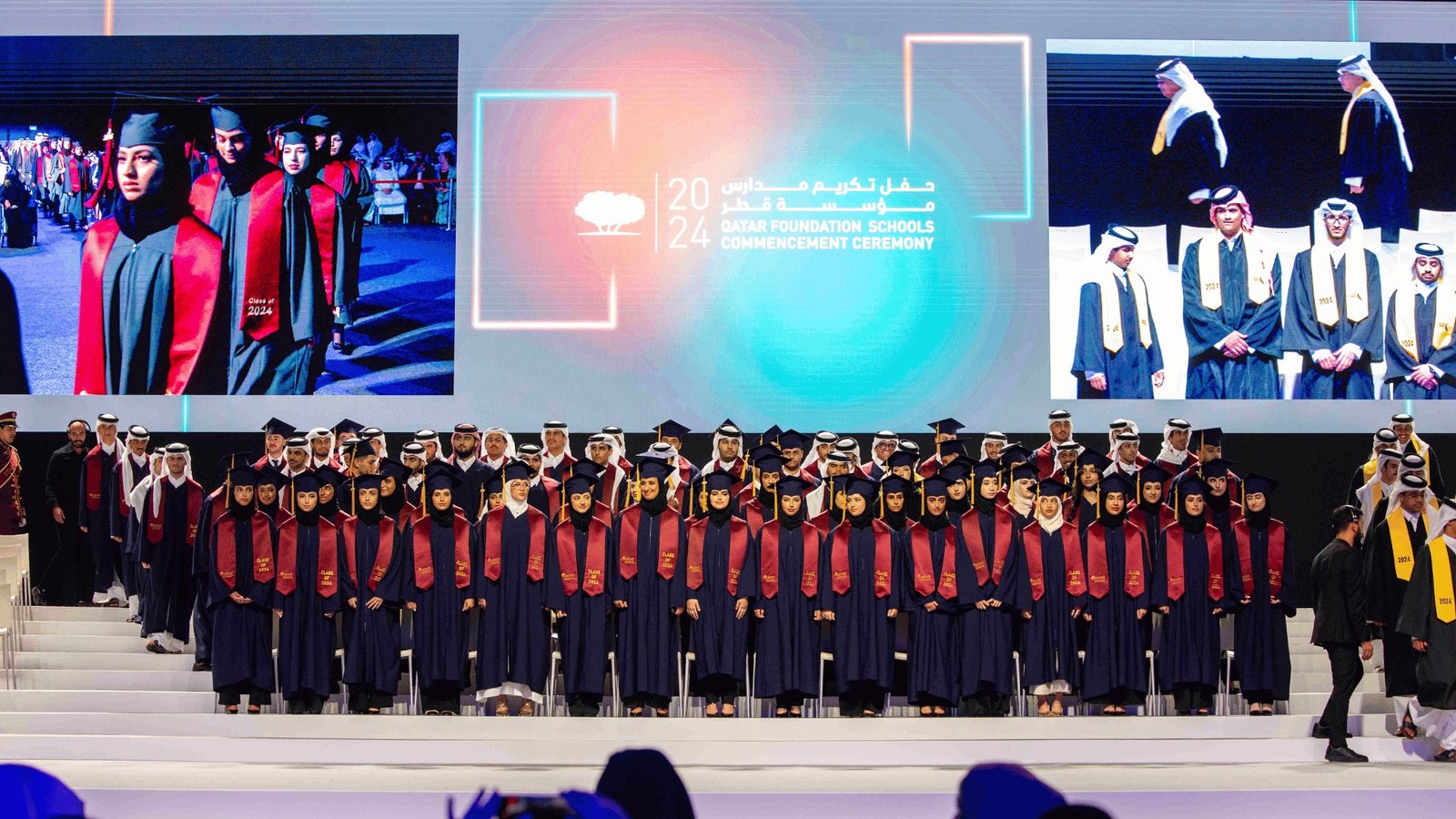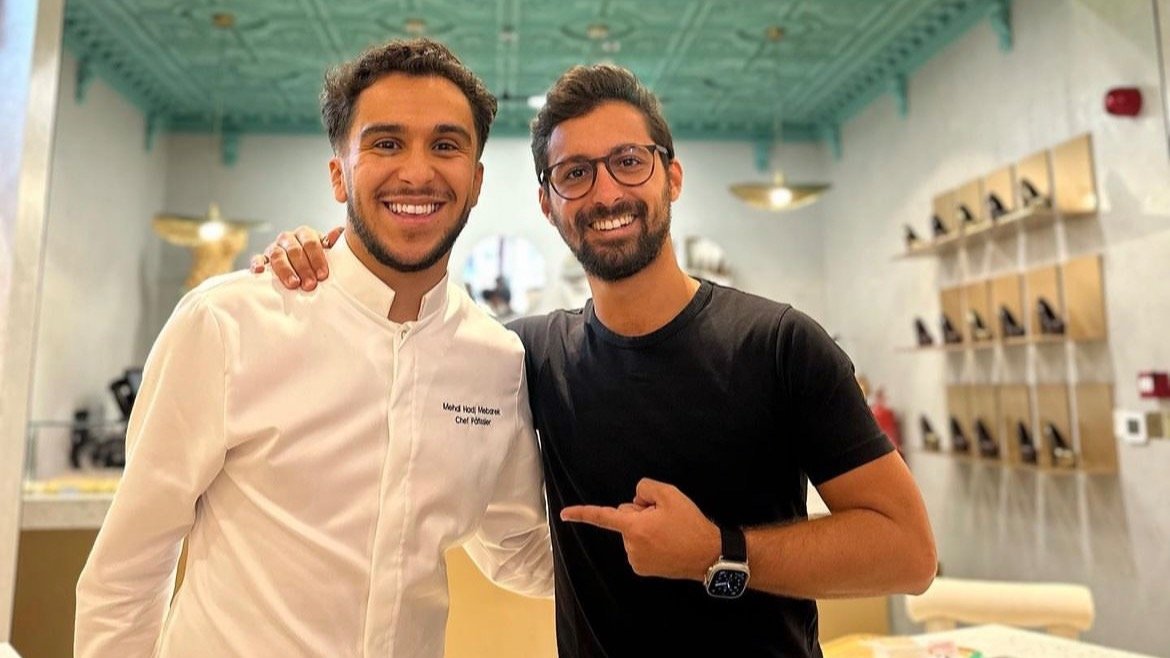Launch of Al Jazeera 360 platform
Al Jazeera Media Network will launch its new digital platform “Al Jazeera 360...
Sep 14, 2024
Experts at QF’s biennial global healthcare gathering highlight the growing burden of breast and cervical cancers
Joanna Hindo, Nov 14, 2024

Experts have made a call for greater investment in cancer research and treatment at the WISH 2024 global healthcare summit – warning that, without it, the world’s health systems face severe strain.
The discussion – which focused on the societal and economic burden of breast and cervical cancers and outlined how an increasingly ageing society, coupled with poor lifestyle choices, is leading to more cancer deaths – was part of the opening day of the two-day event hosted by Qatar Foundation’s World Innovation Summit for Health (WISH), which concludes on 14 November.
In the session, titled ‘The Case for Investing in Women’s Cancer Care’, Dr. Lamia Mahmoud, the World Health Organization’s Regional Advisor for Noncommunicable Disease Prevention, highlighted the cancer situation in the Eastern Mediterranean Region, saying: “If you look at the mortality-to-incidence ratio, it tells us that more women are dying in our region than in other regions in the world.
“This means we have to invest in prevention, early diagnosis, and treatment.”
Mahmoud explained that, according to recently published research, the economic burden of breast and cervical cancer stood at US$15 billion in 2020 and is expected to rise to US$379 billion by 2040. These figures include healthcare costs, societal costs, and the value lost to society through women’s premature deaths.
His Excellency Sheikh Dr. Khalid Bin Jabor Al Thani, Founder and Chairman, Qatar Cancer Society, explained that there is a significant stigma surrounding these diseases, making people reluctant to discuss them.
“People don’t think they might be susceptible to breast or cervical cancer,” he said. “But nobody is shielded.
“We have changed the way we have approached people, the way we talk to people. And while there has been tremendous progress over the last few decades, there is still much to be done.”
Dr. Jennifer Huang Bouey, MD, PhD, MPH, Chair of the Department of Global Health, Georgetown University, told the discussion: “People are living longer. An increasingly aging society, the lifestyle we’re adopting everywhere – which relates to the type of diet and also lack of activity – are leading to more cancer deaths.
“I cannot emphasize more the need for investment in treating cancer, because otherwise it will break all health systems globally.”
According to Bouey, clinical trials and new developments will increase the effectiveness of treatment. But focusing on primary and secondary prevention, she said: “Many cost-effective analyses have shown that primary prevention – targeting the healthy population to reduce the risks, like lifestyle changes and increasing cancer awareness – is the most cost effective.
“And then there is secondary prevention, which involves screening and early detection, using portable technology so that women in remote areas can get early detection and early treatment.”
WISH 2024, taking place at Qatar National Convention Centre, is being held under the theme ‘Humanizing Health: Conflict, Equity and Resilience’ and is addressing some of the world’s most pressing health issues.
The summit has brought together more than 200 experts in health and around 3,000 delegates to discuss evidence-based ideas and practices in healthcare innovation with the aim of addressing the world’s most urgent global health challenges. For more information, please visit: https://wish.org.qa/

Al Jazeera Media Network will launch its new digital platform “Al Jazeera 360...
Sep 14, 2024

Radisson Blu Hotel, Doha is thrilled to announce the return of its highly ant...
Aug 21, 2024

Eid al-Adha, or the "Festival of Sacrifice," is one of the most significant c...
May 21, 2024

To Celebrate Eid Al Adha and Beat the Summer Heat
Jun 11, 2024

Waldorf Astoria Doha is delighted to officially announce the Grand Opening of...
Jun 11, 2024

Subscribe to our newsletter !
Nov 21, 2024

The ceremony honored 290 graduates from seven schools under Qatar Foundation’...
Jun 04, 2024

The MICHELIN Guide announced its arrival in Doha, Qatar for an upcoming 2025...
Jun 04, 2024

52nd Amir Cup Final Tickets: May 24, 2024, Education City Stadium.
May 20, 2024

Qatar Cabinet approved a proposal to allow children to enroll in kindergarten...
May 23, 2024

With Discover Qatar's shuttle bus service, arrive at the HIA and visit Doha’s...
May 22, 2024









